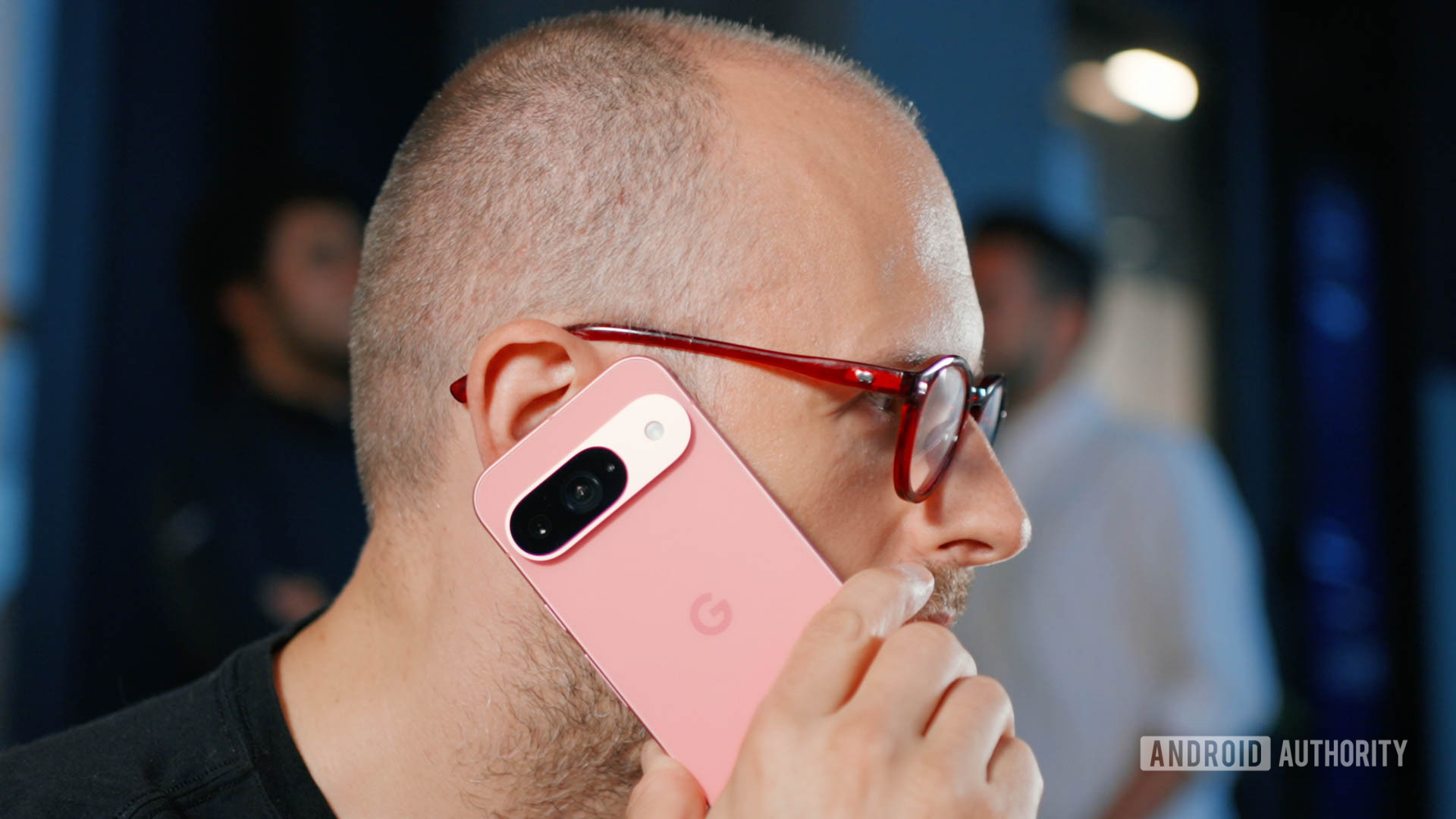Of course they are. Because now they can benefit from it by feeding the recordings to Galactus…err Gemini.
Fortunately Google has no say in what OS is running on my Pixels.
I run Skvalex Call Recorder with root. Using the APK from the dev themselves, not the limited play store variant, and I paid for the “pro” version. I used to run ACR, but switched to Skvalex’s app for some reason that I can’t remember…ACR was discontinued or something.
No way, I thought the thrill of browsing sketchy appstores to find the other half of the ACR phone was part of the fun.
For those out of the loop - ACR phone is a dialer app that does call recording. It’s distributed through the play store, but without the call recording part, because that would be against the ToS. Once installed, it instructs you to go find the other app that serves as an accessibility module with access to the microphone. And by that I mean ONLY your microphone. The other side of the call is recorded only as an echo of the speaker caught by your own mic.
It’s a really poor workaround, tho. Without speaker phone on, the mic can’t hear the speaker. With speaker phone on, it’s too loud and just garbles it.
If it’s your phone it makes sense you should be able to record calls on it.
In Canada your allow to record calls as long as 1 person knows its being recorded. I like that.
I think technically it depends on where both parties are located. If you’re in Canada and you call someone from Montana (or some other states), you still have to get consent from the person in Montana.
However consent is obtained when you notify the person in Montana that the call is being recorded. The person in Montana can either drop the call or remain on the line and be recorded.
I’m pretty sure this is incorrect. I’m not a lawyer, and the person I’m quoting below likely isn’t either, but this lines up with my understanding:
In Canada we have one party consent, which means you can record a conversation you are part of. Doesn’t matter where the other people are because you are in Canada and Canadian law applies to you at that time.
If the other party is in the USA then US law applies to them and the actions they take must conform with US law… but US law doesn’t dictate what you can do and Canadian law doesn’t dictate what they can do.
However, one party consent has nothing to do with publishing. Releasing these recordings may breach privacy laws or if the information is confidential under an NDA you might be sued for revealing it.
After further research I think it’s actually more strict in Canada than the US due the need to provide an alternative. In order to comply with pipeda:
The individual must be informed that the conversation is being recorded at the beginning of the call . . . If the caller objects to the recording, the organization should provide the caller with meaningful alternatives. The alternatives might involve not taping the call; visiting a retail outlet; writing a letter; or, conducting the transaction over the Internet.
My understanding is that businesses have more rules than individuals.
I looked into this ahead of a meeting with my boss a few years ago about my future employment (my contact was expiring). I wanted to record the meeting in case there was something said that I might want to take to my union. Based on my reading at the time, my understanding is that individuals in Canada can record any of their private communication, with no limits, for personal storage and review.
I think that any individual can record any/all of their personal phone calls made anywhere in Canada without informing anyone else that a recording is being made.
There are some legal reasons to think about. Some states require both parties to know and agree to the recording. Other states only require single party.
I live in a two party state so I have a workaround: Every phone call is answered with “this call may be recorded for customer service and training purposes. If you do not consent to being recorded, please hang up now.”
Can you still have custom sounds for the calling sound? Back in the day everyone had some shitty, barely audible version of their favorite song
I think so, but it costs extra and isn’t worth it.
Well corpos just say they are recording you and you can hang up.
I record all my calls with corpos now for"quality assurance purposes"
Well why not just have recording off by default, and let people decide for themselves whether to break the law?
Companies generally do not want to implement potentially illegal behavior.
Break the law? My whole country is single party but we don’t get the option because America.
I fucking hate phones with a burning passion.
You should read Cell.
What’s that
A Stephen King book. Pirate it because he’s a complete douche.
What? What’d he do?
Maga for money.
What the fuck. No. He’s a known troll of the dotard.
He literally called him a horror story and asked for his impeachment not even a month ago, what are you on?
I dont understand. You mean like he supports MAGA?
Yes. Suddenly and out of the blue. It’s money.








